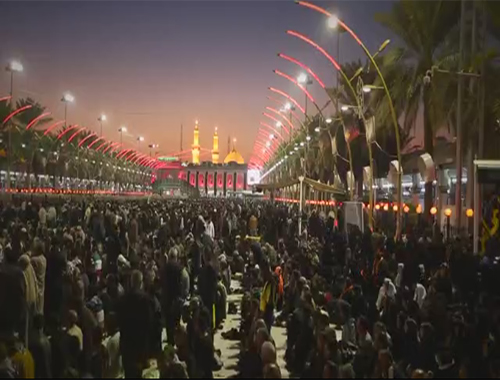Foreword
- Details
- Hits: 686
It is plainly evident that divine messages are, in general, characterized by their continuity. If the messages prior to Islam are, however, meant to last for a limited time, the Islamic message is signalized by its absoluteness and uninterruptedness up to the Day of Judgment. As the holder of the message, Muhammad (upon whom be peace and blessing) passed away into God’s mercy, he entrusted the preservation of the message and its call to his infallible vicegerents, ie the Imams (upon whom be peace and blessing) in order to complete the continuity of the message with their roles. For the Prophet (upon whom be peace and blessing) has more than once declared that adherence to the Qur’an and his immaculate household counts as a divine duty of all Muslims. This means that imamate is an extension of messengership, just as it explains the long age of Imam Mahdi (upon whom be peace and blessing) who continues to live up to the end of life on earth, in which case the continuity of the message from the Prophet Muhammad (upon whom be peace and blessing) to Imam Mahdi (upon whom be peace and blessing) is fulfilled.
In the light of the foregoing truths we see that the Imams (upon whom be peace and blessing) have had various roles and duties after the Prophet’s demise on the level of the laws of the Shari’a wherein the Prophet (upon whom be peace and blessing) would entrust his knowledge to the infallible Imam and the infallible Imam to the succeeding Imam and so forth or on the level of the fulfilment of their tasks in relation to the issues of worship, successorship, etc. On this basis, the nature of the succession (to the Prophet) requires certain characteristics that are in accordance with the fulfilment of the message such as knowledge imparted directly by God, infallibility, etc.
In order for the reader to be familiar with the general outlines of the philosophy of imamate, we have decided to select a number of essays translated into English and edit as well as publish them as a service rendered to the contemporary Muslims. These essays discuss the necessity of imamate, the infallibility of its possessors, their various roles, the nature of their knowledge and learning, etc. May God grant us success to serve the upright religion, Islam.











